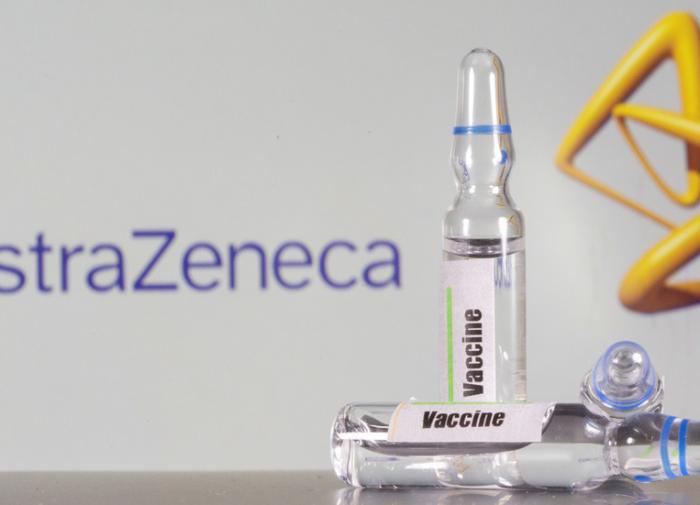Sputnik V to rebuild EU-Russia ties
The European Union no longer considers the Russian vaccine to be part of the state propaganda and intends to start negotiations on the purchase of the Russian Sputnik V vaccine.

EU fails vaccination campaign
On Monday, March 15, Reuters carried an article titled "Unthinkable? EU considers getting a vaccine boost from Russia's Sputnik."
Six of EU-approved vaccines have failed to perform on the European market. Some are unavailable, others are available in insufficient quantities, but the biggest problem is related to the Anglo-Swedish vaccine by AstraZeneca.
The EU had great expectations about the AstraZeneca vaccine. However, its efficacy proved to be relatively insignificant - up to 60 percent. It was forbidden for the vaccination of elderly individuals and futile against the British strain of coronavirus.
For these reasons, South Africa completely abandoned the use of the AstraZeneca vaccine. In addition, there was a wave of suspensions of the use of AstraZeneca in Europe due to serious side effects - thrombosis and pulmonary embolism. As many as 20 countries have already refused from using the AstraZeneca vaccine.
Talking to Russia behind the scenes
EU diplomatic and official sources told Reuters that negotiations with Russia were taking place "behind the scenes."
To start the process, requests from four EU countries are required.
There are such countries already:
- Hungary and Slovakia have already purchased the Russian drug;
- the Czech Republic is seriously interested;
- Italy is considering using the country's largest vaccine production plant ReiThera near Rome for the production of Sputnik V.
Meanwhile, the state of affairs in Europe is critical. Many countries are reporting a third wave and tightening quarantines.
"The European Union has dismissed Russia's global coronavirus vaccine supply campaign as a propaganda stunt by an undesirable regime," the article said.
If Sputnik V finds itself in the EU vaccine arsenal, it will mark a diplomatic triumph for Russia, whose trade cooperation with the European Union has been restricted for years after the 2014 crisis in Ukraine and Russia's reunification with the Crimea.
"It would also risk dividing the bloc between those states dead set against giving Moscow any kind of win and those in favour of showing that Brussels can cooperate with the Kremlin," the agency concludes.
Europeans come to Russia for vaccination
While millions of Europeans are still waiting to be vaccinated against the coronavirus, a 43-year-old German flew to Moscow to have a shot of the Russian vaccine. In an interview with Focus, Stefan Heilemann said that he made the decision due to the fact that his possible vaccination date was postponed to October 2023.
Heilemann came to Moscow on a business visa, which was still valid even though EU citizens were prohibited from entering Russia. The man got the first jab on February 10, 2021, and the second one - on March 3, Focus wrote.
The man said that he had his body temperature increased sightly for one day, but all symptoms disappeared overnight. He had no side effects afterwards.
"If the Russian government is vaccinated with this vaccine, which they intend to export for billions of dollars in the future, then, in my opinion, it should be safe," said the German.
Heilemann also said that in Moscow, apart from the requirement to wear masks in the subway, restaurants and public places, life seemed to be nearly normal again.
Subscribe to Pravda.Ru Telegram channel, Facebook, RSS!


